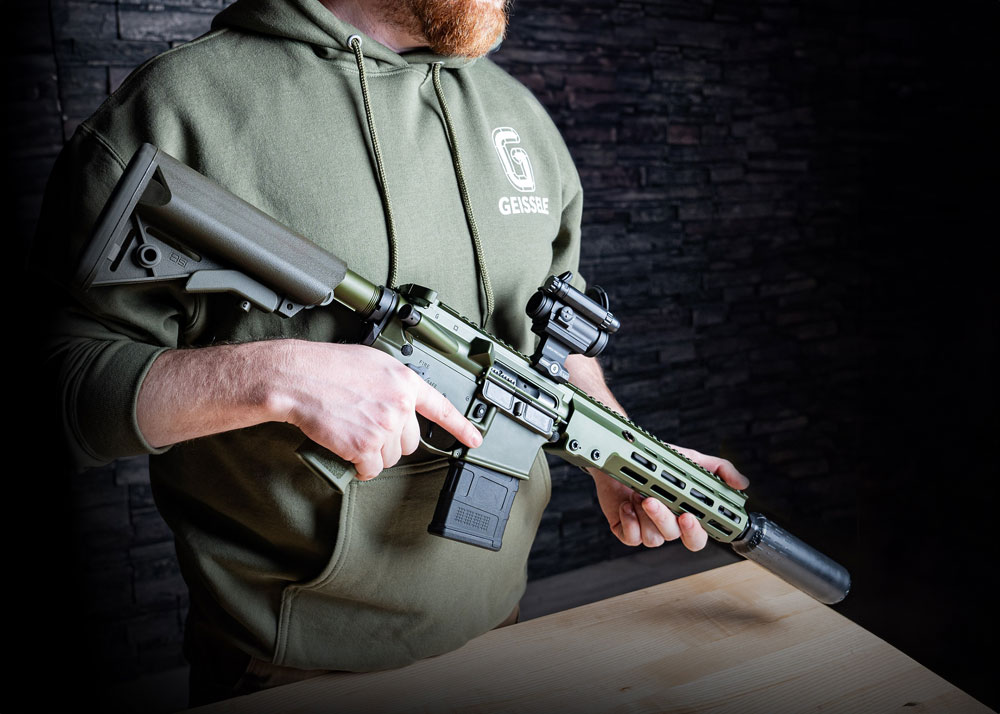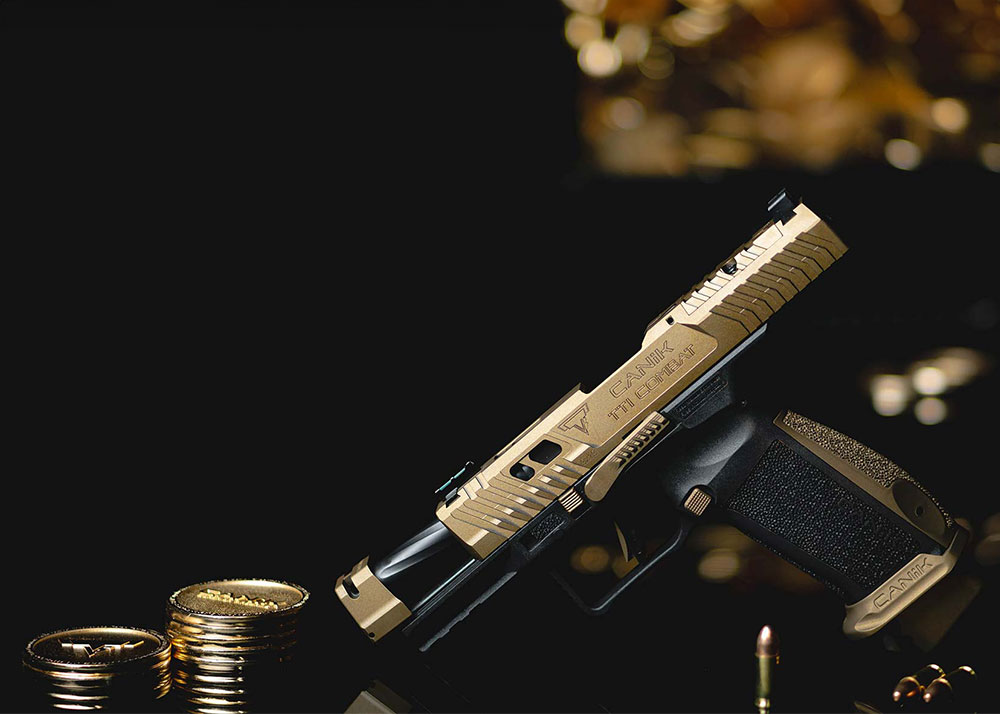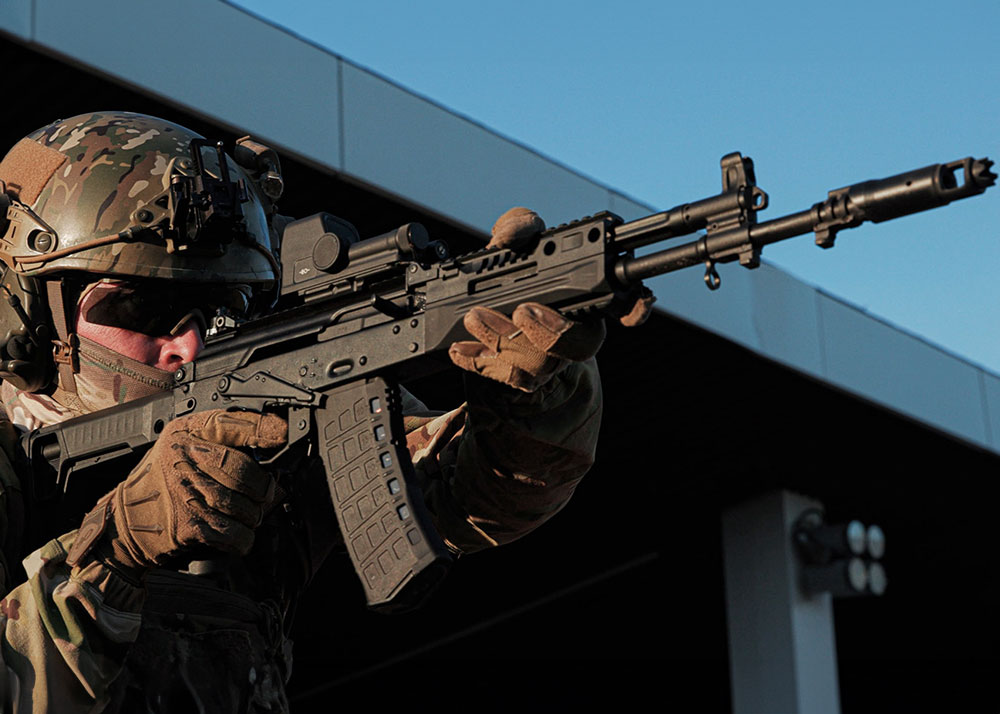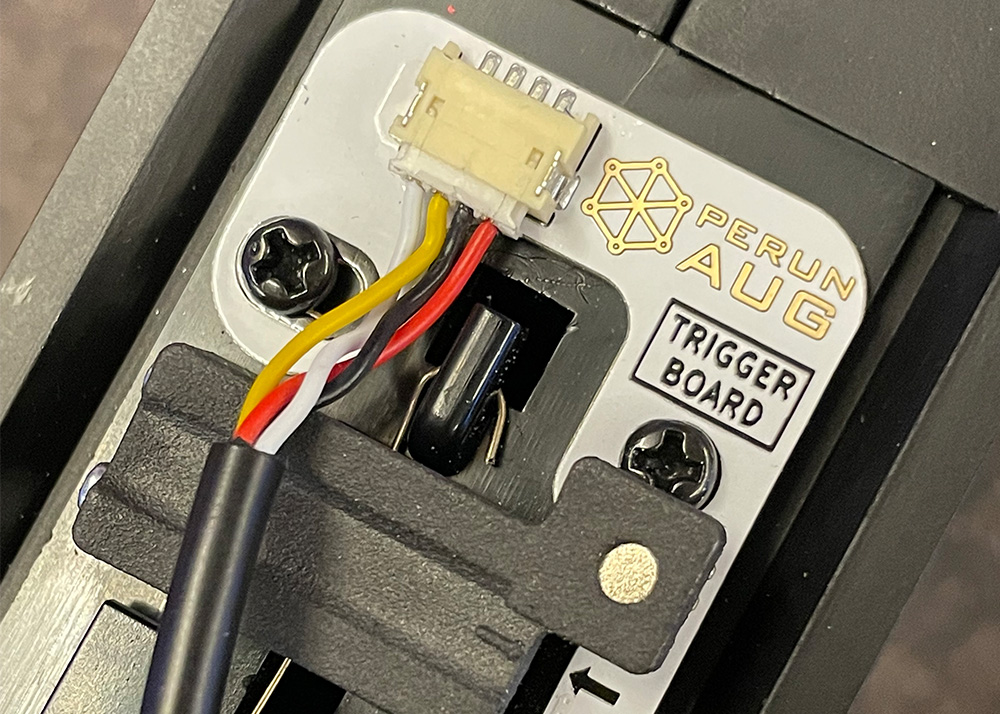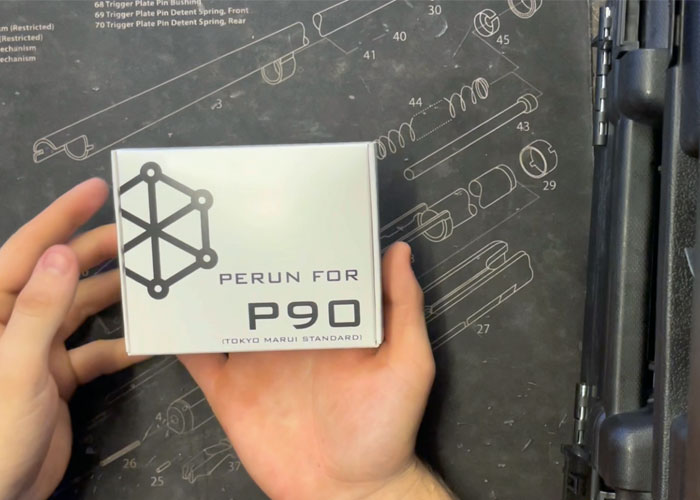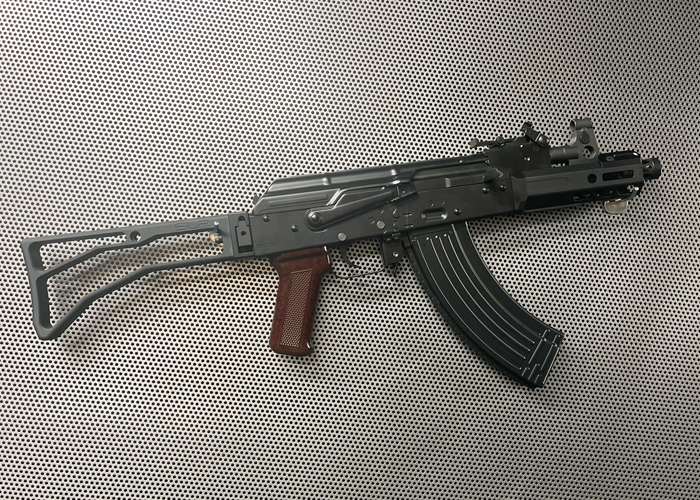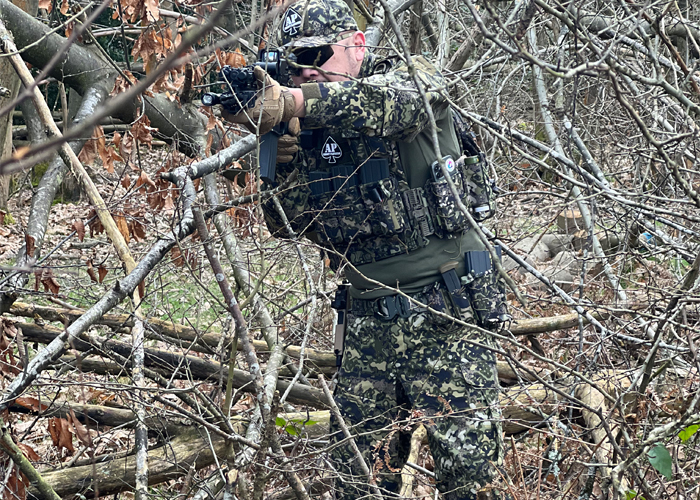Keepin' It Real Fake: Getting Grips With Reality
Gungho Cowboy
24 Nov 2010

Keepin' It Real Fake (KIRF), a term popularised by the Engadget Technology blog, to describe rip-offs, clones, and imitations of technology products mainly by Mainland Chinese copies who unabashedly create such products to serve a market that demands such products, but cannot afford the real thing. It is applicable now in many areas of the economy: clothing, food, medicine, beauty products, and media. It is also very much applicable to airsoft.
Many of us are unabashedly using clones, because we can't afford the original ones. That is the reality. Previously airsoft was limited to small communities of airsoft players playing their game underground, with airsoft guns that were out of reach to many. Then came more sophistication in the use of airsoft guns, more accessories, more contraptions, all made by companies who targeted the military and law enforcement markets with heavy investments that run into millions of dollars. Many of us can't afford those, and we don't need certain MIL standards since we are after all, adults playing with big toys, not fighting wars.

There was a demand for products equivalent to those being used in the military and law enforcement organisations, but it is a demand of market that cannot afford. Sensing a market, clone makers attacked it with gusto providing products that mimick the original ones in functionality, but not in quality. We can live with such shortcomings, and we can afford it. The result: a thriving global airsoft community that cannot get enough of gears and airsoft guns.
A negative aspect came about with the use of such clones. Clones began seeping into the markets of those who need with the quality of the original ones. Unscrupulous sellers are selling the clones side by side with the original ones as only the expert can notice the difference between such products. The companies that own the original products encounter complaints of products of substandard quality bearing their name and image. Their products and brand get a big hit, all due to clones. The result: a pushback by the original makers that will lessen the supply of clones in the market.
Another thing about unauthorised use of gun designs and markings that are not in the public domain means also loss of revenue to those who have put a lot of investments in making such designs and brands/trademarks. This also opened an opportunity for companies to get licences of such trademarks and designs, knowing that being middlemen for the original makers, it would prove to be a bonanza as the airsoft market demand is getting bigger and bigger each year.
In the area of airsoft innovation, some airsoft companies also failed to globally patent their designs, that theirs also get ripped off. This is mainly about the Japanese airsoft companies such as Tokyo Marui and Western Arms. Tokyo Marui smartened up recently by patenting their new generation blowback and recoil technology for airsoft, which no other clone has come up to come up with a compatible and cheaper version.

With increasing activity in the enforcement of intellectual property rights by the original owners through their middlemen who conduct the licencing of their products to other manufacturers, there may come about an increase in pricing of products that airsoft users would like to use for their hobby. If that happens, then the goose that lays the golden eggs might get killed --- airsoft declining in number of players who cannot afford higher prices. The danger is the possibility of monopoly by a single company of trademarks and design licences, a nightmare situation. Airsoft is still an expensive hobby even with the proliferation of clones. As compared to Paintball, a huge majority of airsoft players own their gear rather than rent, this means that airsoft players are passionate about their airsoft guns and gear and willing to spend to own --- at the right price.
Remove that capability of the airsoft player to own their gear, and you diminish the airsoft market.
As mentioned by Optimus Prime, there should be a compromise somewhere in order to increase the pie, rather than make it smaller. Original owners of certain brands and products should be willing to compromise and allow licencing to other manufacturers at reasonable prices. Livelihoods will get affected, even for the clone makers. Licencing should not be exclusive and allow different airsoft manufacturers to licence the designs and trademarks, and let them compete on pricing of complete products. Clearly labelling such products as "for airsoft" would be good, even if some players would object to it. If there only gets to be one manufacturer for a certain design, then he gets to control of the pricing. It may sound good business, but it chokes off choice. The more licencees able to sell more products the, the volume would more than make up the revenue requirements of the original owner.
In short, what we need now is a win-win situation where everyone will be happy. The players can use the replicas of products they admire, the original owners getting a fee from the use of such designs, and the third party manufacturers able to provide lower cost products to the airsoft market.











